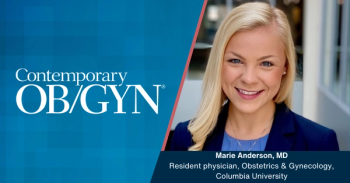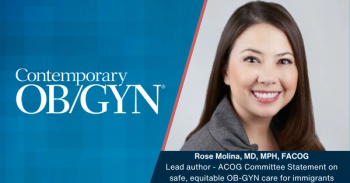
Is "progress" good for your practice?
Since World War II, evidence-based medicine has rapidly replaced custom and lore. Proliferation of imaging and laboratory studies has improved diagnostic accuracy.
Since World War II, evidence-based medicine has rapidly replaced custom and lore. Proliferation of imaging and laboratory studies has improved diagnostic accuracy. Drugs and other treatments have vastly improved our ability to cure and alleviate disease. For example, survival rates for common kinds of cancer improved from 27% to 550% between the 1950s and the 1990s.1 But interestingly, as physicians' effectiveness has increased, their satisfaction with their profession has diminished2 :
In 1973, less than 15% of several thousand practicing physicians reported any doubts that they had made the correct career choice. In contrast, surveys administered within the past 10 years have shown that 30% to 40% of practicing physicians would not choose to enter the medical profession if they were deciding on a career again, and an even higher percentage would not encourage their children to pursue a medical career. In a telephone survey of 2,000 physicians that was conducted in 1995, 40% of the doctors said they would not recommend the profession of medicine to a qualified college student.
In a national survey in 1981, 48% of 1,426 office-based doctors said they would not recommend the practice of medicine as highly as they would have 10 years earlier. In a follow-up survey in 2001, 58% of 2,608 physicians said that their enthusiasm for medicine had declined in the previous 5 years, and 87% said that the overall morale of physicians had declined during that time.
Among California physicians questioned in 1991 and again in 1996, the percentage who said they were less than fully satisfied with the practice of medicine rose from 53% to 63%. (Internal references omitted.)
The ultimate cause of physician dissatisfaction is the very phenomenon that has led to the success of medicine. The change of medicine from a craft to an applied science has prompted changes in the nature of the work and the relationships of physicians with all relevant elements of society. This, in turn, has spurred a decline in income, an increase in managed care,3 and a rise in malpractice suits.
Objective knowledge leads to best practices, which, in turn, leads to well-defined standards. Physicians who comply with standards will do things in the same way and will have similar capabilities. This makes them roughly interchangeable. This is called industrialization. Industrialization allows organizations and payors to standardize medical roles and enforce standard rules, including practice modes and compensation. This is called bureaucratization. These 2 phenomena leave physicians with little leverage vis-àvis payors, patients, government, and hospitals, which in turn decreases extrinsic satisfaction with the field.
The practice of medicine now also provides less intrinsic satisfaction. Standardization of practice makes medicine less creative. Furthermore, success is expected, and poor clinical results represent failure. Physicians are not heroes when successful, but are blamed for lack of success. Most feel the pressured by insurance companies to herd patients in and out of the door, push forms, and punch time clocks.
Newsletter
Get the latest clinical updates, case studies, and expert commentary in obstetric and gynecologic care. Sign up now to stay informed.










